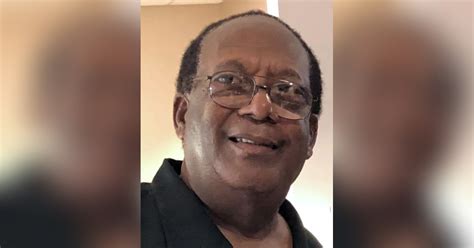A Quote by Philip Yancey
Jesus never met a disease he could not cure, a birth defect he could not reverse, a demon he could not exorcise. But he did meet skeptics he could not convince and sinners he could not convert. Forgiveness of sins requires an act of will on the receiver's part, and some who heard Jesus' strongest words about grace and forgiveness turned away unrepentant.
Related Quotes
It could be anything. It could be Jesus and it could be the Furby and it could be the lint that lives in my navel, but it's probably not. Whatever it is, I doubt we as humans on Earth could have any perception of it while we're here. So, why give yourself a headache thinking about it. Just be a good person. That's what an ethicist is.
Jesus lost all his glory so that we could be clothed in it. He was shut out so we could get access. He was bound, nailed, so that we could be free. He was cast out so we could approach. And Jesus took away the only kind of suffering that can really destroy you: that is being cast away from God. He took so that now all suffering that comes into your life will only make you great. A lump of coal under pressure becomes a diamond. And the suffering of a person in Christ only turns you into somebody gorgeous.
When Jesus came to earth, demons recognized him, the sick flocked to him, and sinners doused his feet and head with perfume. Meanwhile he offended pious Jews with their strict preconceptions of what God should be like. Their rejection makes me wonder, could religious types be doing just the reverse now? Could we be perpetuating an image of Jesus that fits our pious expectations but does not match the person portrayed so vividly in the Gospels?
I don’t know who my parents were. I know nothing about my inheritance. I could be Jewish; I could be part Negro; I could be Irish; I could be Russian. I am spiritually a mix anyway, but I did have a solid childhood fortunately, because of some wonderful women who brought me up. I never had a father or a man in the house, and that was a loss...
The question of why evil exists is not a theological question, for it assumes that it is possible to go behind the existence forced upon us as sinners. If we could answer it then we would not be sinners. We could make something else responsible...The theological question does not arise about the origin of evil but about the real overcoming of evil on the Cross; it ask for the forgiveness of guilt, for the reconciliation of the fallen world
I believed even then that if I could transform my experience into poetry I would give it the value and dignity it did not begin to possess on its own. I thought too that if I could write about it I could come to understand it; I believed that if I could understand my life—or at least the part my work played in it—I could embrace it with some degree of joy, an element conspicuously missing from my life.
Jesus' forgiveness of our sins is the single most impactful part of the gospel, and when we forgive others who sin against us we're shining his light most brilliantly. Every act of forgiveness brings a touch of Heaven to Earth, and it makes the gospel look as otherworldly and supernatural as it is. Forgiveness is constructed in the DNA of the persecuted.

































